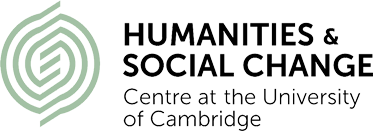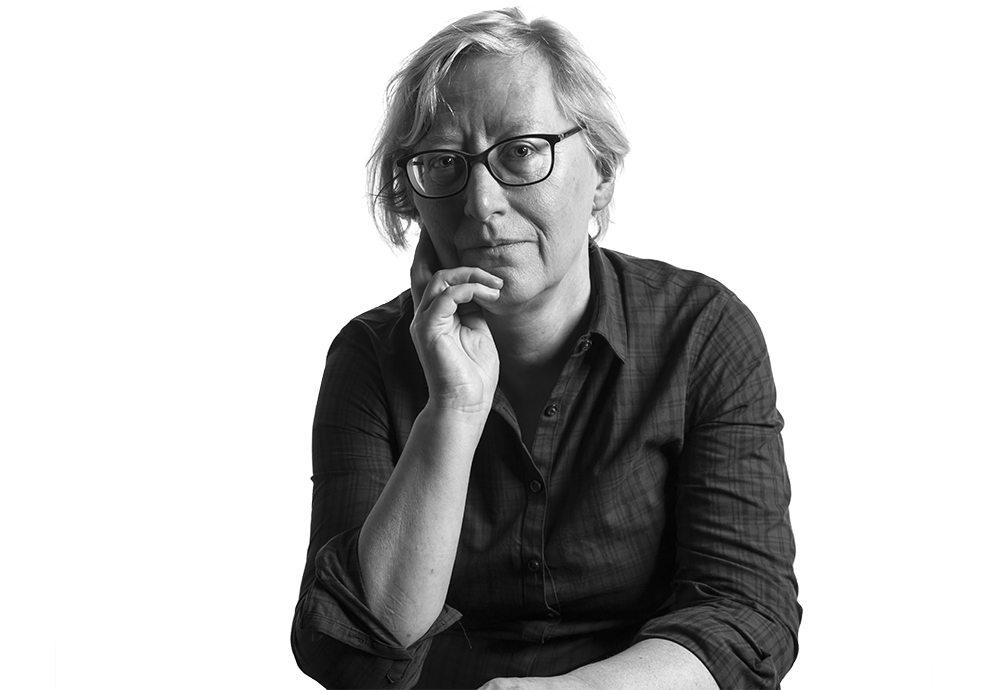
ANN COPESTAKE, CO-INVESTIGATOR, GIVING VOICE TO DIGITAL DEMOCRACIES, CAMBRIDGECommunication technology could help humanity collectively mitigate the onrushing environmental catastrophes, but it is being used to distort information and increase division. We need to release its potential for beneficial societal change.
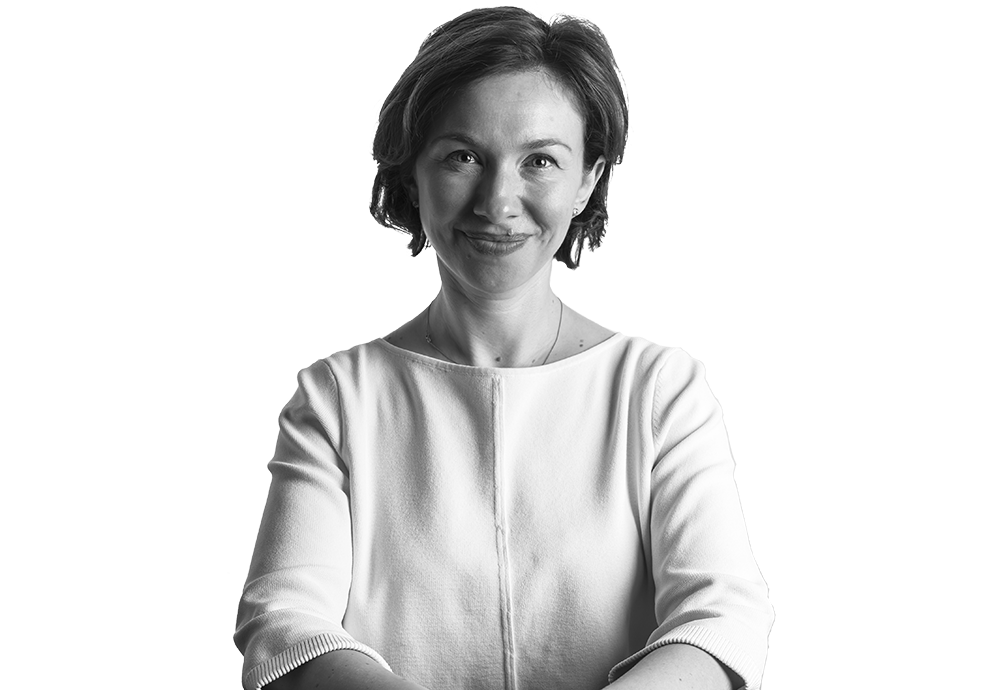
ANNA ALEXANDROVA, PRINCIPAL INVESTIGATOR, EXPERTISE UNDER PRESSURE, CAMBRIDGEResponding to social change inevitably involves deferring to experts with specialist knowledge and experience. But who counts as expert, on what, and to what extent, are questions squarely in the province of humanities.
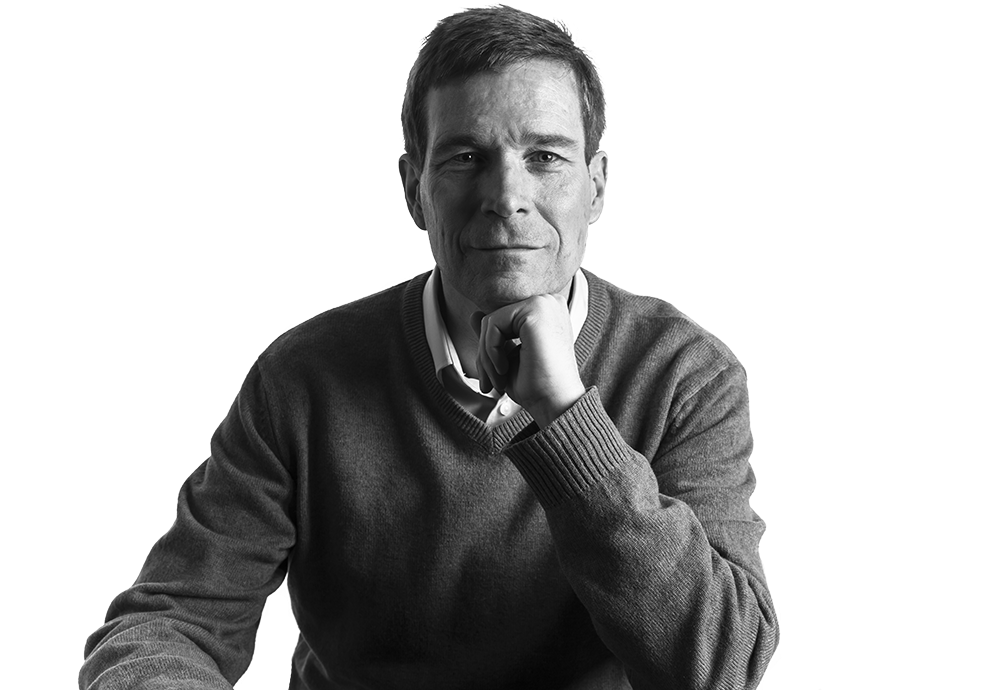
BILL BYRNE, CO-INVESTIGATOR, GIVING VOICE TO DIGITAL DEMOCRACIES, CAMBRIDGEOur goal is to build a framework in which insights from humanities-based subjects and non-technical disciplines can have a real impact in the development of new technologies.
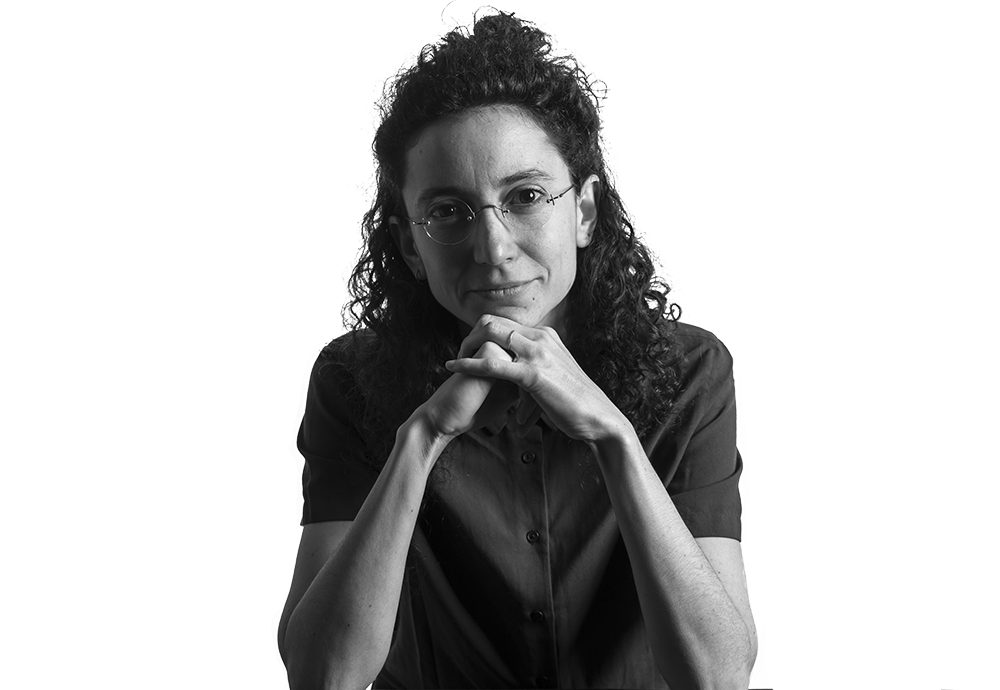
CLÉO CHASSONNERY-ZAÏGOUCHE, POSTDOCTORAL RESEARCH ASSOCIATE, EXPERTISE UNDER PRESSURE, CAMBRIDGEI am engaged in how humanities can produce expertise on experts to help qualify, uncover and check the power of ideas.
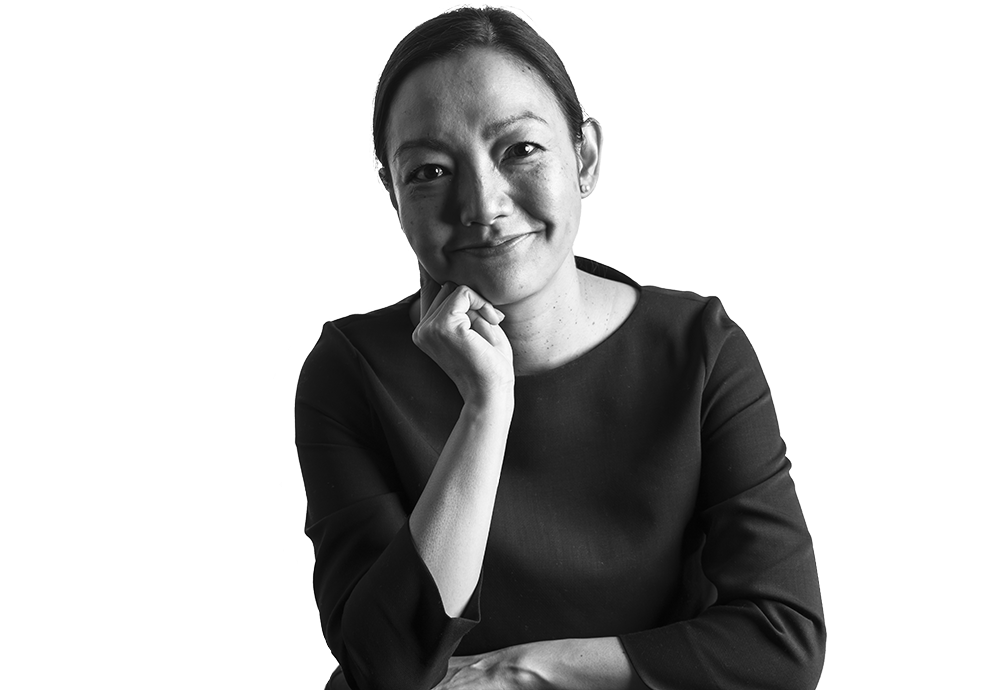
EMILY SO, CO-INVESTIGATOR, EXPERTISE UNDER PRESSURE, CAMBRIDGEWe live in a complex world. Disciplinary boundaries need to be broken and unusual alliances formed to shift attitudes for change.
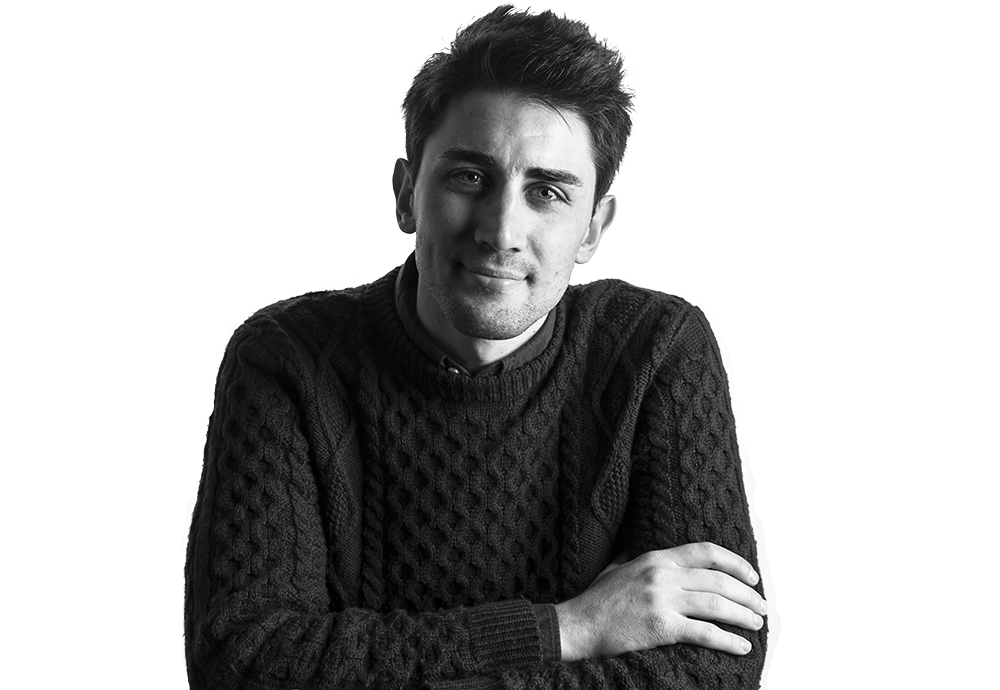
FEDERICO BRANDMAYR, POSTDOCTORAL RESEARCH ASSOCIATE, EXPERTISE UNDER PRESSURE, CAMBRIDGECreating social knowledge often involves taking sides on philosophical questions concerning the nature of responsibility, freedom and morality. Experts should bear this in mind when advising decision makers.
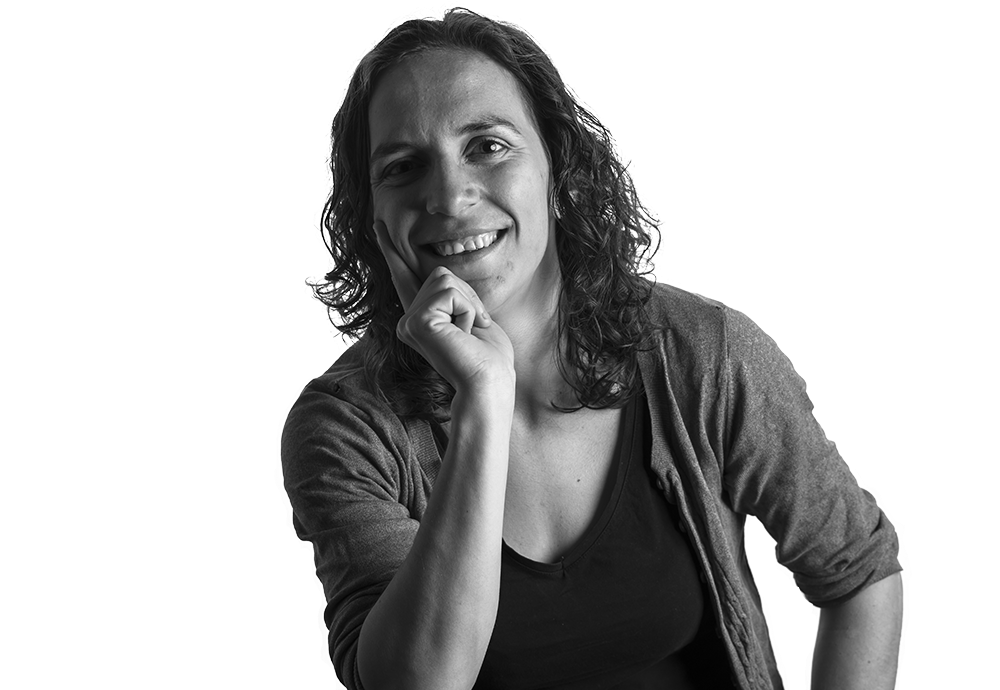
HANNAH BAKER, POSTDOCTORAL RESEARCH ASSOCIATE, EXPERTISE UNDER PRESSURE, CAMBRIDGEExpertise is under increasing scrutiny. This scrutiny needs to be embraced and understood if we are to resolve this age of disinformation.
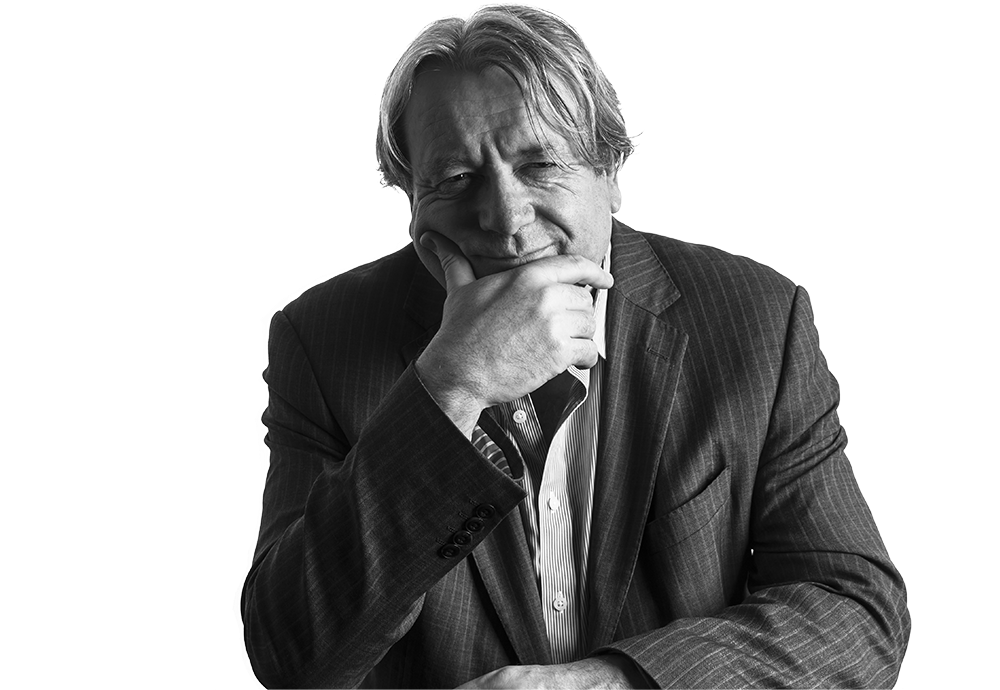
IAN ROBERTS, PRINCIPAL INVESTIGATOR, GIVING VOICE TO DIGITAL DEMOCRACIES, CAMBRIDGE‘Giving Voice to Digital Democracies’ has an extremely timely, indeed necessary, role to play in bringing the traditional values and expertise of the humanities to bear to resolve the human dilemmas the modern information age has created.
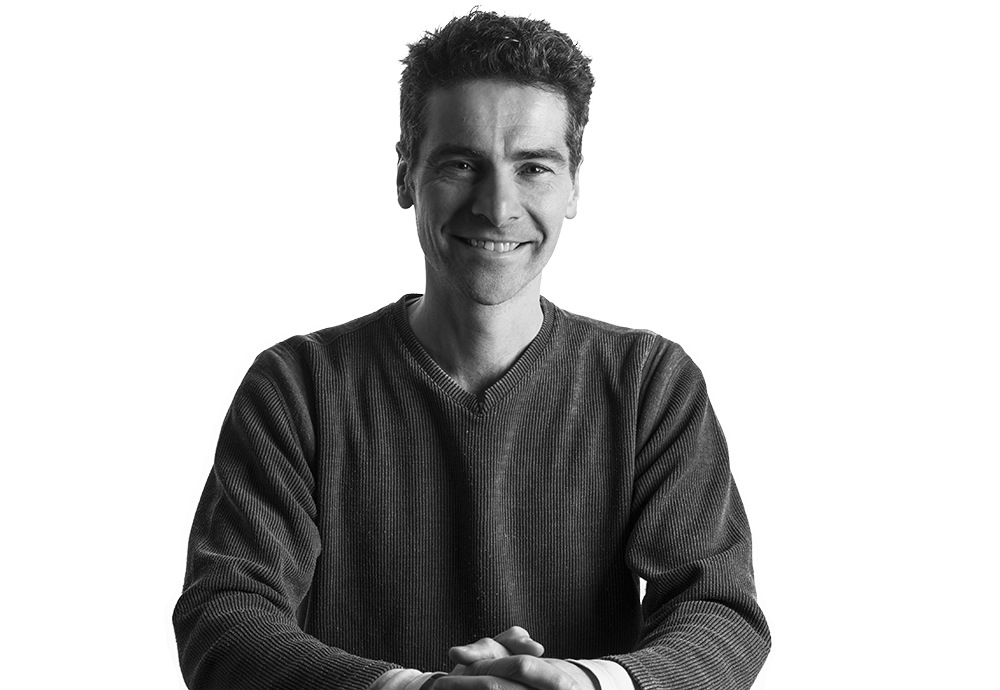
MARCUS TOMALIN, SENIOR RESEARCH ASSOCIATE AND PROJECT MANAGER, GIVING VOICE TO DIGITAL DEMOCRACIES, CAMBRIDGEThere is an urgent need to develop more ethical and trustworthy AI technologies that can effect positive social change in modern digital democracies.
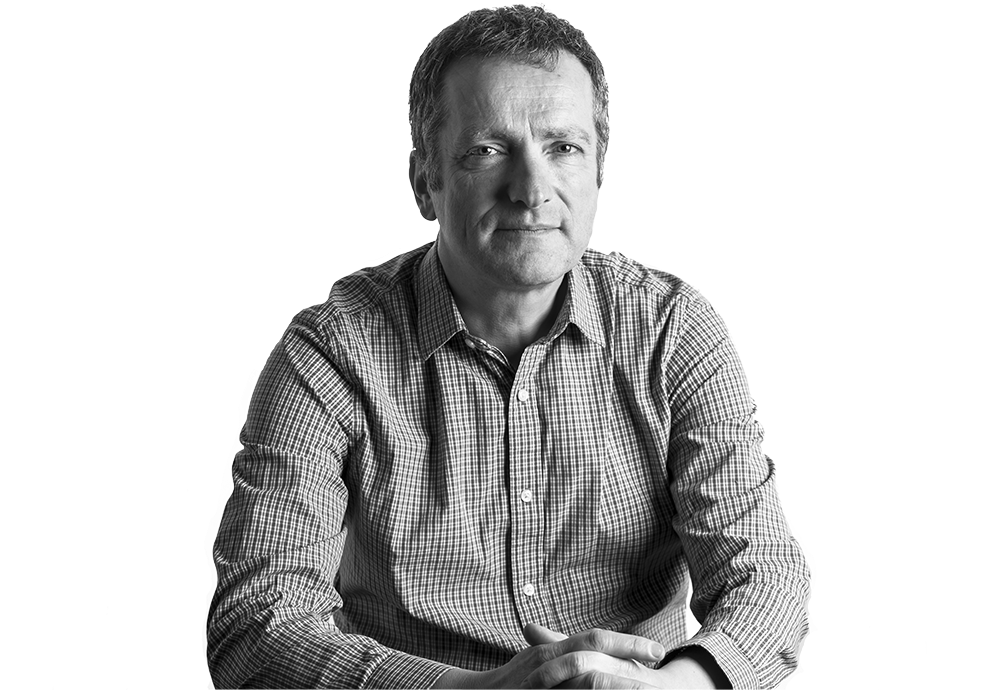
MICHAEL KENNY, CO-INVESTIGATOR, EXPERTISE UNDER PRESSURE, CAMBRIDGEThe political contestation of experts and their knowledge is one consequence of the profound turbulence affecting governance in the current era. The question now is whether the democratisation of expertise might also be harnessed by those seeking to re-invent public policy in the age of disruption.
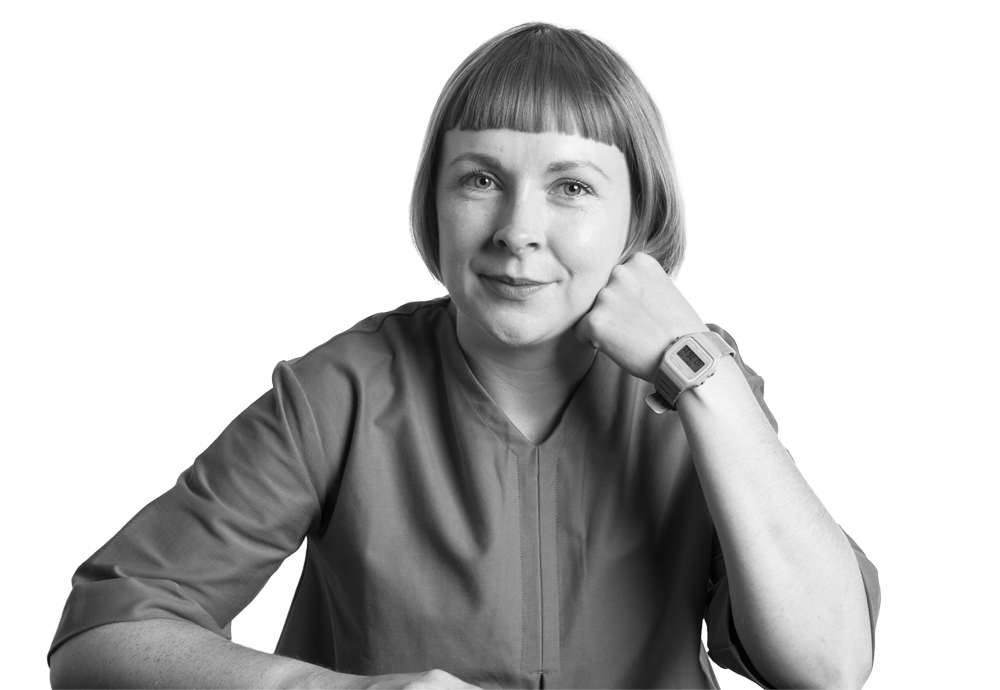
SHAUNA CONCANNON, POSTDOCTORAL RESEARCH ASSOCIATE, GIVING VOICE TO DIGITAL DEMOCRACIES, CAMBRIDGELanguage is the means by which ideas, information and culture are communicated. For communication technologies to contribute positively to society and democracy, we must account for how trustworthiness and credibility are encoded and interpreted.
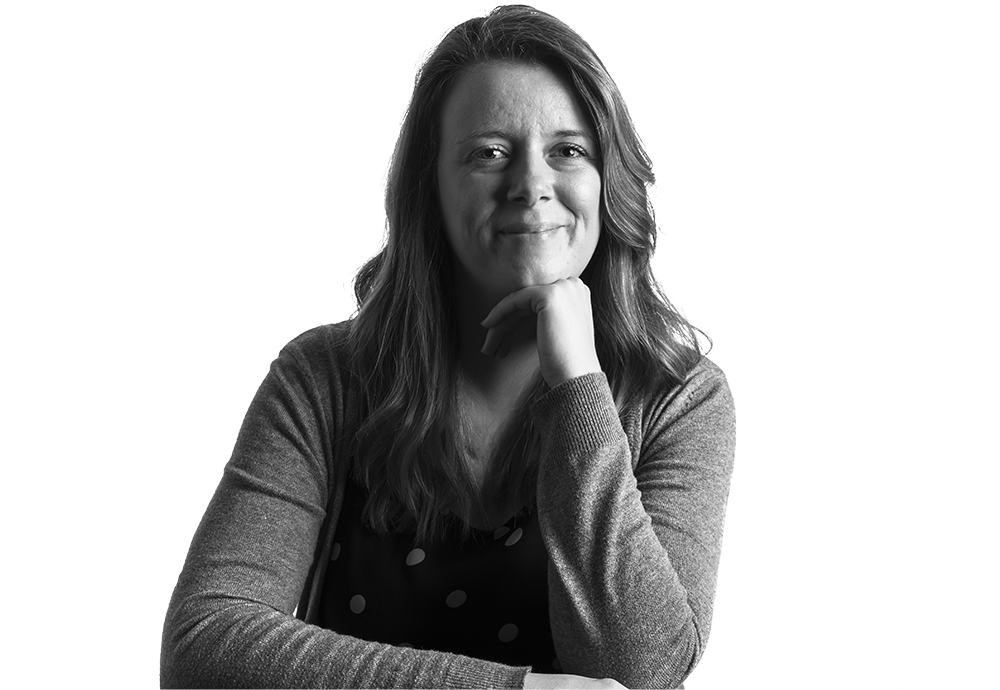
STEFANIE ULLMANN, POSTDOCTORAL RESEARCH ASSOCIATE, GIVING VOICE TO DIGITAL DEMOCRACIES, CAMBRIDGEAs modern technologies become more and more intertwined with our professional and private lives, it is vital that we take a critical look at linguistic and ethical concerns in relation to our handling of these artificially intelligent systems.
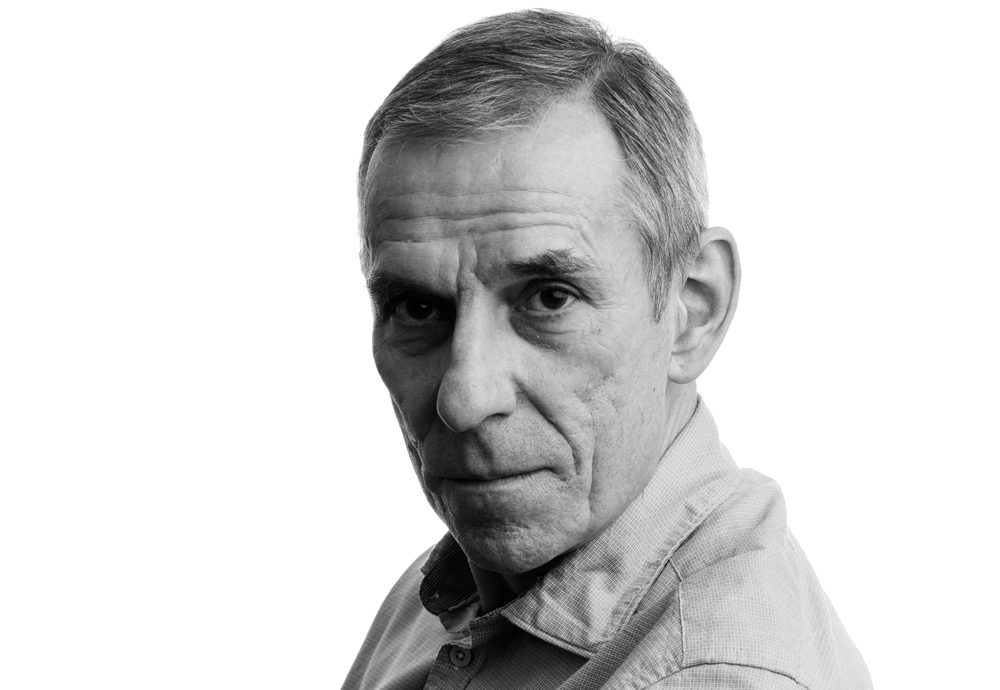
STEVEN CONNOR, CENTER DIRECTOR, CAMBRIDGETo be human is to use tools, and we have always been homo technicus. We aim in CRASSH to make sense of the new ways in which, acting on the world through new technologies, we also remake ourselves.
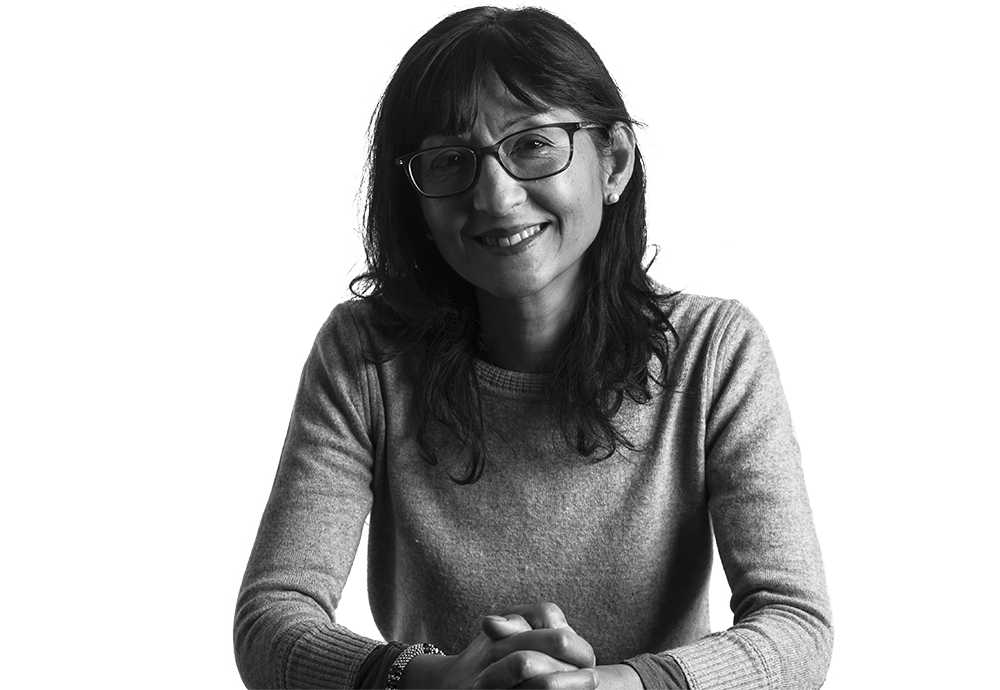
UNA YEUNG, CENTER ADMINISTRATOR, CAMBRIDGEIn an age of rapid technological and social change we find ourselves at a crossroads. The center’s interdisciplinary teams are engaged in groundbreaking research, seeking answers that will guide us along the right path. I am excited to be a part of this initiative.
